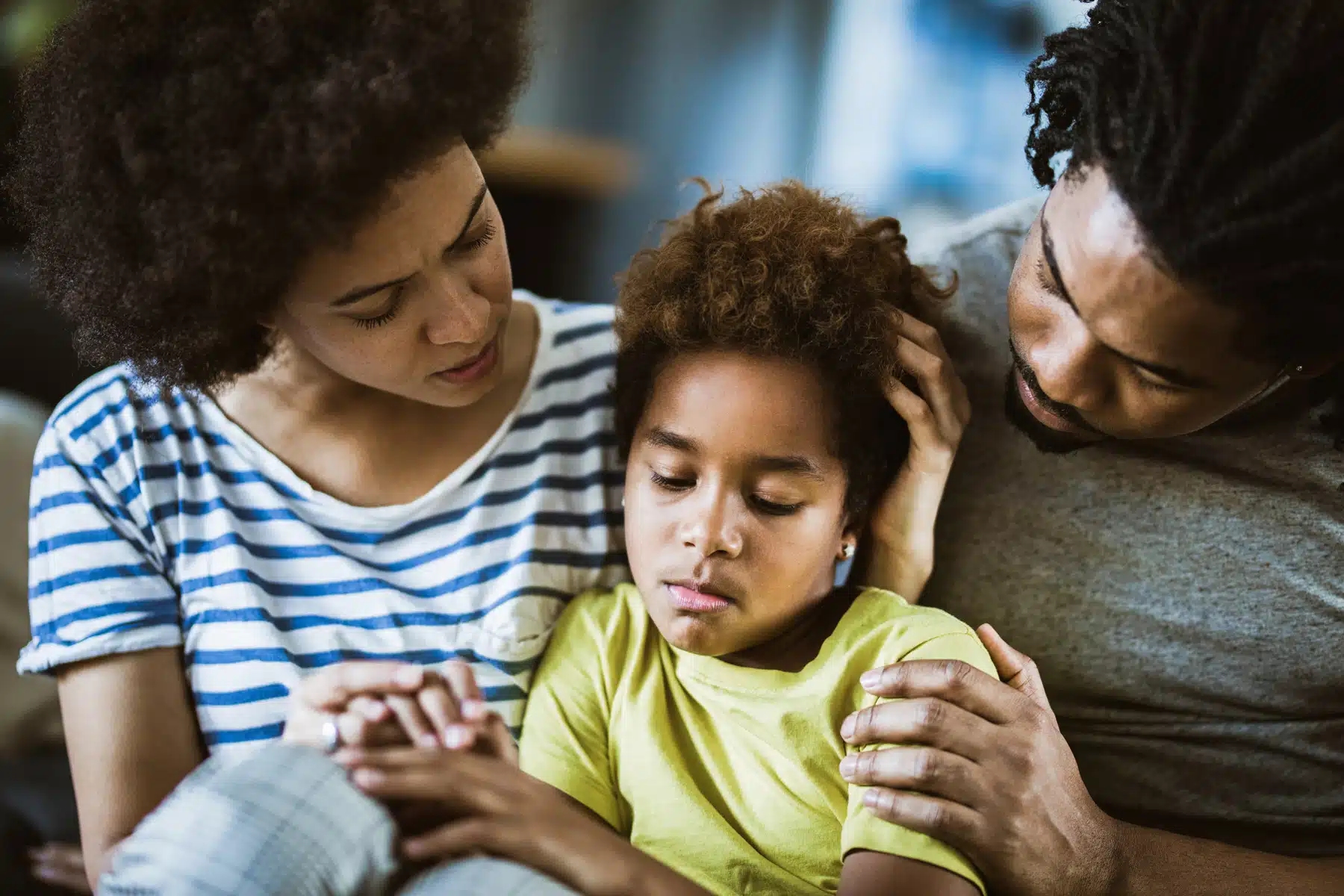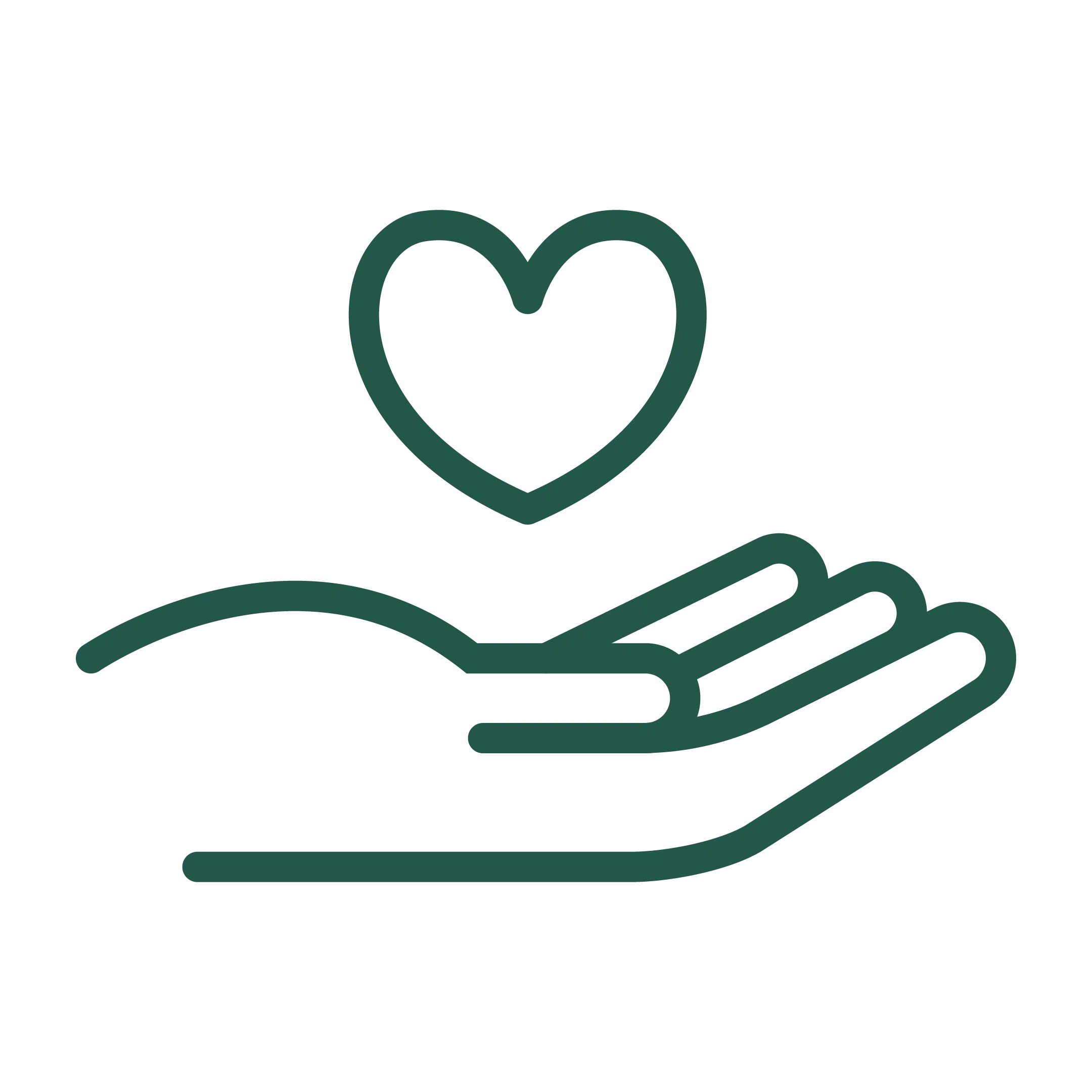Our Approach
What Is Child Sexual Abuse?
Because laws vary from one location to another, there is not a universal definition of child sexual abuse. This is one of the challenges to identifying the number of children who have been impacted. However, it’s important to have a definition of what sexual abuse is so that we can effectively fight against it.
Saprea defines sexual abuse as any situation where another person (adult or peer) forces or coerces a child or adolescent into sexual activity that may or may not involve touch. Sexual abuse is a form of child exploitation often motivated by personal gratification and/or financial gain.

Impacts of Child Sexual Abuse
Sexual abuse impacts children from all cultures, ethnicities, environments, genders, ages, and socioeconomic backgrounds. And while we want you to know that sexual abuse is something that happens in all communities and corners of the world, what we would like to draw your attention to is the word impacts.
Sexual abuse can have persistent, long-term impacts that make it difficult for a child to focus on school, or to cope with future challenges. In fact, sexual abuse is correlated with increased depression, anxiety, substance use disorder, and suicidality. Sexual abuse can make it difficult for a child to be a child.
No child should be impacted by the trauma of sexual abuse.
What If My Child Has Already Been Impacted by Sexual Abuse?




